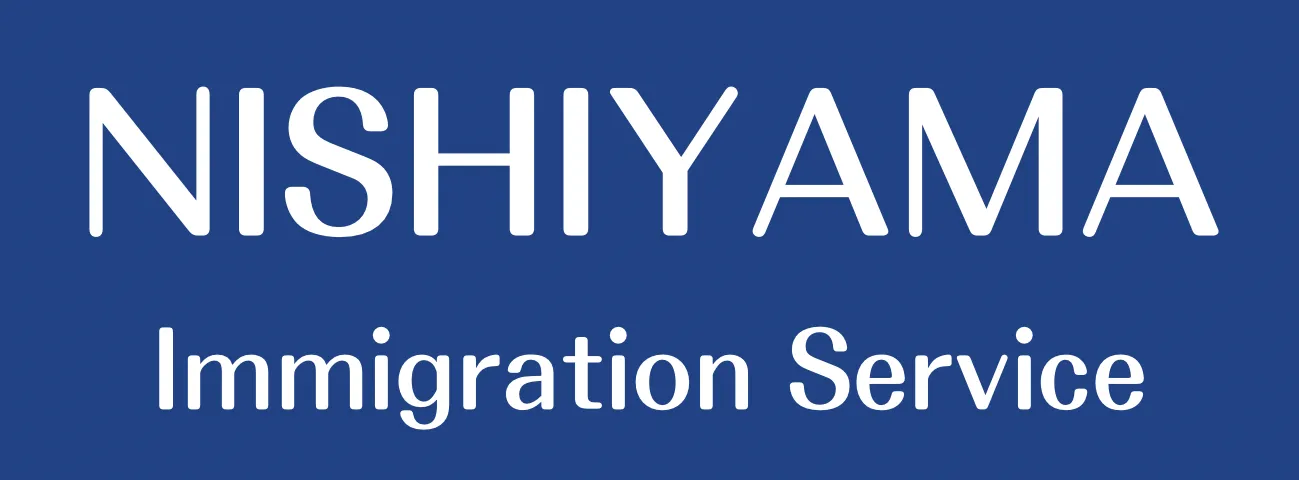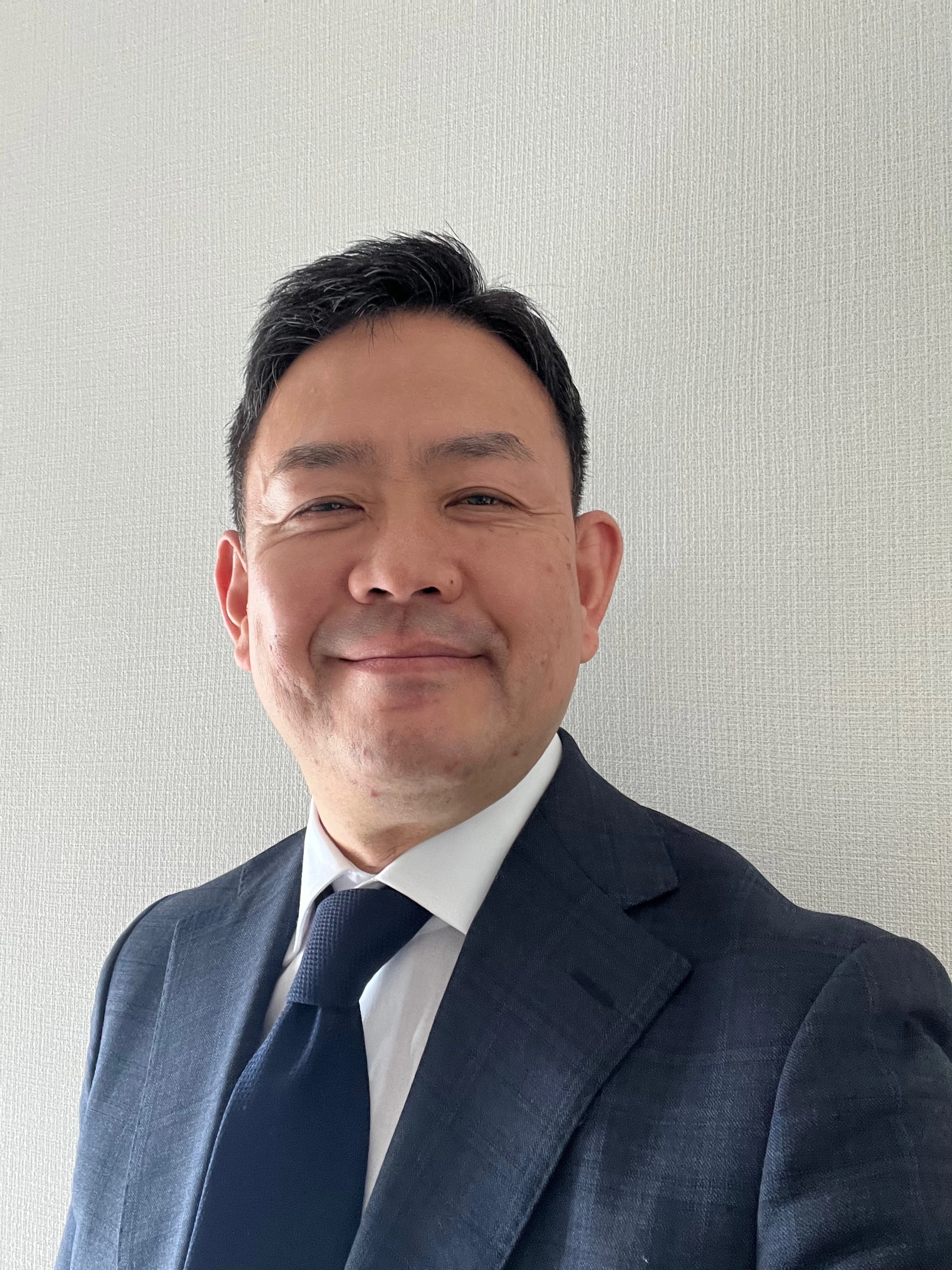[Blog]The Vietnamese "Japanese Law Quiz" Initiative Shows What True Coexistence Can Look Like
2025-11-01
Summary of the News
The Embassy of Vietnam in Japan, in cooperation with the Tokyo Metropolitan Police Department, held the 2025 Japanese Law Quiz Contest. Around 8,460 Vietnamese residents participated, aiming to deepen understanding of Japanese law and support a society where foreign residents and local communities can live together safely. With approximately 3.96 million foreign residents in Japan, including about 660,000 Vietnamese, knowledge of rules related to work, daily life, and public safety is becoming increasingly important.
Why This Matters to Employers
Many workplace and daily life issues arise not from ill intent, but simply from not knowing the rules. Traffic rules, workplace safety, overtime regulations, contract terms, consumer protection—these are everyday matters. A quiz format makes learning voluntary and engaging, helping foreign employees internalize norms naturally. When knowledge becomes shared, workplaces become safer and more stable.
Coexistence Is Not a Slogan—It Is Workplace Design
“Coexistence” is often spoken of in abstract terms, but in practice, it is created through simple systems and routines. Explaining workplace rules in clear language, using bilingual materials, providing short learning videos, and offering a safe place to ask questions—these are what make foreign workers feel secure. The quiz initiative shows the value of making learning accessible and friendly. Employers can take the same approach inside their organizations.
Tangible Benefits for Employers
First, improved retention: when anxiety decreases, foreign employees stay longer and even recommend the workplace to others. Second, reduced incidents and complaints: clear understanding of rules prevents accidents and disputes. Third, productivity gains: shared understanding reduces miscommunication and rework. Education is not a cost—it is a stabilizing investment.
Five Practical Steps You Can Start Tomorrow
1) Prepare a small bilingual “First Week Rules” guide (10 key points: traffic safety, workplace behavior, overtime, contacts, etc.). 2) Use short 1–2 minute videos accessible by smartphone. 3) Add a few quiz questions to reinforce learning. 4) Celebrate learning achievements in morning meetings. 5) Repeat monthly in a light, friendly environment. Small routines build culture.
Lighten the Load by Collaborating with Community
You don’t have to develop everything alone. Work with multicultural support centers, registered support organizations, local governments, and community groups. Co-host small quiz days or study gatherings. When education is shared socially, it becomes natural instead of forced—and trust grows on all sides.
Tracking and Improvement
Keep simple records of learning participation, and compare workplace issues before and after. If behavior improves, celebrate it publicly. If challenges remain, adjust the learning content. When everyone can see progress, motivation builds.
Education Is Protection, Not Surveillance
Providing knowledge is not about control—it is about safety and dignity. Knowing the rules protects foreign workers from exploitation, misunderstanding, and costly mistakes. The employer’s role is not only to provide work, but also to provide orientation that helps employees live securely in society.
Small Design Choices Make a Big Difference
Use simple language, illustrations, and repetition. Keep learning short and friendly. Make support easy to access. The friendlier the learning environment, the stronger the workplace becomes.
Coexistence Begins with One Small Invitation
Coexistence is not something to declare—it is something to build day by day. The law quiz initiative reminds us that when learning is shared, trust grows. And where trust grows, teamwork follows. So, perhaps at your next morning meeting—start with one gentle question. That is enough to begin.

